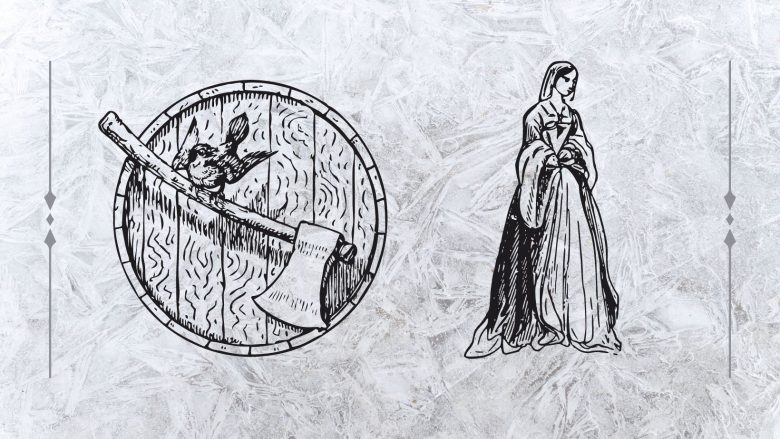Last week, I read a beautiful, powerful, and haunting work of fiction written by Hannah Kent. ‘Burial Rites’ tells the story of Agnes, a servant in northern Iceland who was condemned to death after the murder of two men. Agnes was also the last woman executed in Iceland in 1829.
This book made me realize, once more, that nothing is ever truly black and white. The author stated it best by sharing in an interview, ‘How can we ever know another if we do not hear their story?’
I am a lover of stories, and I love hearing about people’s journeys and stories. The author of Burial Rites noticed the following in her research:
‘While I may not fully understand why I found the idea of this condemned woman so compelling, the more I learned about the crime, the more research I conducted, the more I became perplexed and frustrated at the way in which Agnes was spoken of as being equivocally evil. It made me reflect on the ways in which so many people, particularly women in the past, were unable to author their public identity. Women who transgressed, or deviated from the norm, or otherwise seemed not to fit the accepted – yet limited – roles for women (the mother, the daughter, the virgin, the victim) were seen as suspicious: if you are not an angel then you must be a demon.
My interest in writing Agnes’s story was not to somehow prove her innocence, but to discover something of her complexity, and in that, her humanity.
The author also states the following in the same interview:
‘Even characters in Burial Rites who initially believe that ‘justice has been done’ and Agnes’s death penalty is appropriate, ultimately cannot maintain this attitude as soon as they engage in empathy and fellow-feeling. Ultimately, the only characters who believe that the killing of Agnes is justified are those who do not, will not, or cannot understand a little of what she has gone and what she is going through, irrespective of her guilt.’
While reading this book, I was immediately taken to the landscape of Iceland, and the cold and harsh winters. More importantly, the characters made me realize how complex we really are as human beings.
*
I’ve always wondered about Judas and the life that he led. How did he grow up? What made him become so greedy? He had been under Jesus’ leadership for a couple of years, and yet it didn’t bring a change in his heart – or so we think. We are so quick to judge him; some people even disregard him as the 12th disciple of Jesus. ‘There were only 11 disciples in total,’ people like to say.
I believe that God always gives people a chance; Jesus also gave Judas a chance. Yes, the crucifixion was meant to happen, for it had been prophesied about. But did it really have to be Judas who kick-started the whole process? Would it have happened anyway – with or without Judas’ betrayal? What if he hadn’t committed suicide, but instead became a radical like Paul did later on? Remember, Paul, also murdered people, and yet there was sufficient grace for him to have a change of heart. Also, we forget that the other disciples also betrayed Jesus before His death.
Why are we so hard on Judas? We will probably never know why he did what he did. What if someone decided to research Judas’ life? What if they wrote a book from his perspective? Would we even take the risk by reading the book? Would we even take a bold step of courage and decide to hear his story first?



